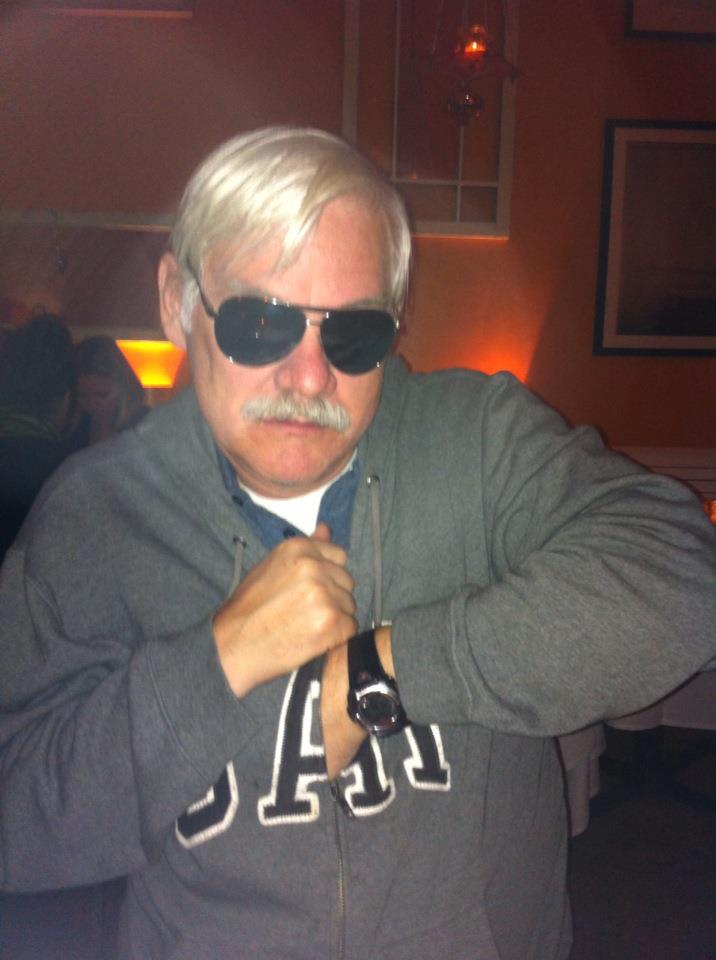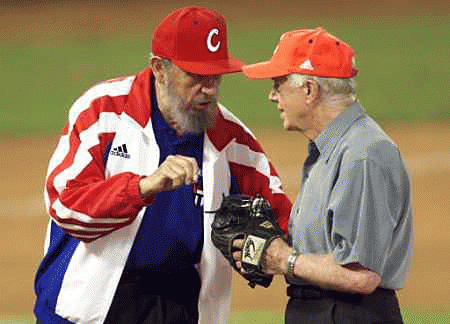A Spoken Autobiography
- Fidel Castro and Ignacio Ramonet
Along with General Ochoa, other high ranking officials were also arrested, Colonel Tony de la Guardia, Captain Jorge Martinez, and Major Amado Padrà �n. These men were all found guilty as charged and were sentenced to the death penalty which was carried out on July 13 of that year. Others who were also arrested were sentenced to long prison terms.
At the same time, and in a related case, Minister of the Interior Josà � Abrantes, along with several others, were also found guilty of the same crimes and sent to 20-year prison sentences. Josà � Abrantes died while in prison two years later.
The world sat stunned as these events unfolded. In 1989, the Soviet Union had not yet folded, though it was obviously on its last legs, and had shifted its major focus from assisting liberation causes around the world to ending hunger and suffering from diseases around the world. The rumblings from the great imperial giant to the north had ebbed a bit and normalcy seemed to be slowly returning to the region when the case of General Ochoa blasted the journalistic calm.
The origins can be found in the same immoral embargo that still grips the island today. From the very beginning of the embargo, Cuba was forced to find spare parts wherever it could. The Ministry of the Interior had to set up small companies that would take Cuban exports, cigars, coffee beans, sugar cane, etc., and use them to buy the much needed maintenance parts. This became routine as the years and the embargo continued. Although profits were generally frowned upon, a usury fee was often added to pay for the time and effort involved in getting the parts in the first place.
(Note: You can view every article as one long page if you sign up as an Advocate Member, or higher).






